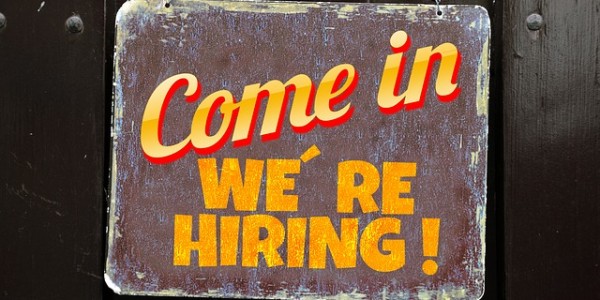People have been worrying about automation killing jobs ever since automation has been around. In the same way that taxi drivers wake up from nightmares of autonomous cars driving away with their livelihoods, you can bet that there were plenty of stagecoach drivers cursing Henry Ford’s name as he churned out Model Ts back in 1913.
Automation as we know it today – with servos, feedback controllers, sensors, and all of that – has been around since the 1930s, though, and rather than merely putting people out of work for the last 80 or so years, automation has redistributed jobs.
Historically speaking, it’s not likely that automation will eliminate jobs for humans. You could argue, however, that although automation has yet to eliminate the need for human workers, advancements in technology make this outcome more likely.
We’re on the verge of the next industrial revolution. Industry 4.0 will certainly change how manufacturing is done, but how will Industry 4.0 affect human jobs?
More often than not, the concern that automation will kill jobs is based on fear and speculation rather than data or anything that’s happened in the history of automation. A recent report,however, tried to put some tangible figures together to project the impact of Industry 4.0 on the job market.
The a survey conducted by the World Economic Forum predicts that Industry 4.0 will be responsible for a net loss of 5 million jobs across 15 nations that account for 65% of the global workforce.
While surveys are simply a collection of opinions, this particular survey reflects the opinions of 9 different industry categories across the world’s 15 largest economies. In other words, this isn’t just a far-fetched musing of your neighbor from across the way, but an insight based on the feelings of knowledgeable, experienced, and informed individuals.
So will Industry 4.0 kill jobs? Is it likely that jobs will up and disappear? Or is it more likely that new jobs will replace the old ones? Taxi drivers replaced stagecoach drivers as automobiles replaced out-dated horse-drawn carriages. Maybe operators will monitor a fleet of self-driving vehicles with real-time diagnostics, or maybe more factory jobs will open up to increase production for autonomous vehicles. Either way, automation is going to become inscreasingly important in Industry 4.0. Make sure your machines are ready. Contact us for any Indramat repair, replacement, or maintenance needs.
